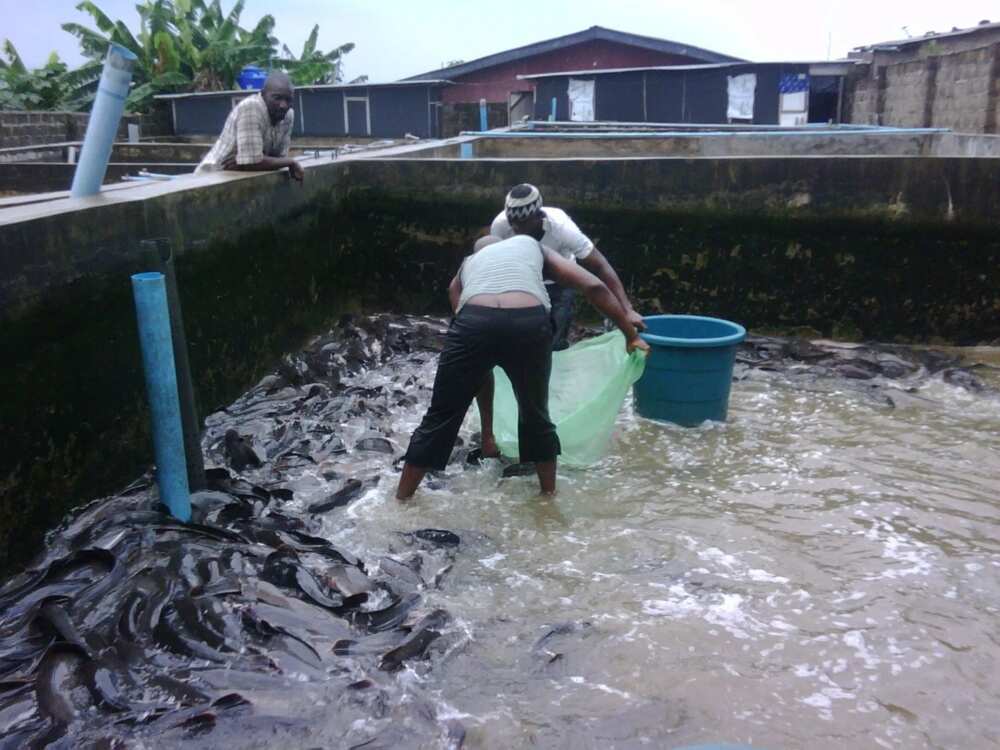Tilapia fish farming in Nigeria has a relatively recent history compared to other countries. It gained significant popularity and growth in the 1980s and has since become an important sector within the aquaculture industry. Here’s an overview of the history of tilapia fish farming in the nation:
- Introduction of tilapia: The introduction of tilapia species to Nigeria can be traced back to the 1960s when the Federal Department of Fisheries imported the Nile tilapia (Oreochromis niloticus) from Israel and the United States. These tilapia species were initially introduced into natural water bodies for fishery enhancement purposes.
- Establishment of research facilities: In the 1970s, the Nigerian Institute for Oceanography and Marine Research (NIOMR) established research facilities for the development of tilapia aquaculture. The aim was to explore the potential of tilapia farming in Nigeria and promote sustainable aquaculture practices.
- Early commercialisation: Tilapia farming started gaining commercial significance in the early 1980s. Private fish farmers began adopting tilapia culture techniques, especially in ponds and tanks, to meet the growing demand for fish protein in the country.
- Government initiatives: Recognising the potential of tilapia farming, the Nigerian government introduced various initiatives to promote aquaculture and improve the country’s fish production. The Federal Department of Fisheries (now the Federal Department of Fisheries and Aquaculture), provided support in the form of technical assistance, training programmes, and credit facilities to encourage farmers to venture into tilapia fish farming.
- Tilapia species selection: Over time, the Nile tilapia (Oreochromis niloticus) became the most widely-cultured species due to its adaptability, fast growth rate, and consumer preference. Other tilapia species such as the Mozambique tilapia (Oreochromis mossambicus) and the Blue tilapia (Oreochromis aureus) have also been introduced and cultivated to a lesser extent.
- Expansion and challenges: In the 1990s and early 2000s, tilapia farming experienced significant growth, with more farmers adopting intensive and semi-intensive culture systems. However, the sector faced various challenges, including inadequate infrastructure, limited access to quality fish seed, lack of technical knowledge, and low investment in research and development.
- Government support and policy reforms: To address the challenges faced by tilapia farmers and promote sustainable aquaculture, the Nigerian government implemented policy reforms and established institutions such as the Nigerian Institute for Freshwater Fisheries Research (NIFFR) to enhance research and development in aquaculture.
- Recent developments: In recent years, tilapia fish farming has continued to grow in Nigeria. The government, along with international organisations and private sector stakeholders, have focused on improving fish seed production, promoting best aquaculture practices, and providing training and financial support to farmers. Additionally, there has been an increasing emphasis on value addition and market access for tilapia products, both domestically and for export.
Overall, the tilapia fish farming in Nigeria shows a progression from the introduction of tilapia species to the establishment of research facilities, commercialisation, government initiatives, and ongoing efforts to overcome challenges and promote sustainable aquaculture practices. The sector has contributed to improving food security, providing employment opportunities, and enhancing the country’s fish production capacity.

